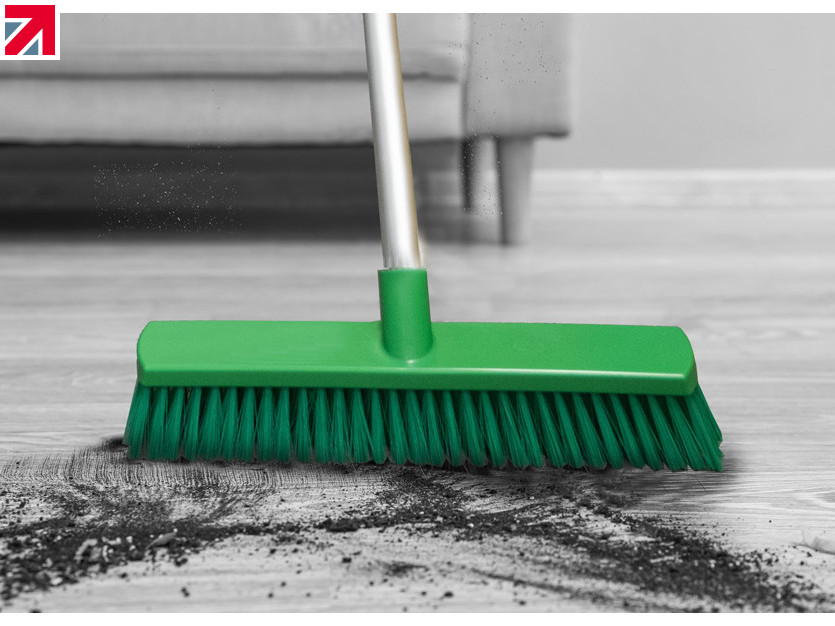In the food industry, hygiene equipment and food-approved tools are not just best practices – they're essential for protecting consumers and maintaining a stellar reputation. A robust food safety system, built on the principles of Hazard Analysis and Critical Control Points (HACCP), is crucial.
Understanding HACCP
HACCP is a systematic approach to food safety that identifies, evaluates, and controls potential hazards. It's about preventing problems before they occur, rather than reacting to them after. The seven principles of HACCP are:
- Conduct a hazard analysis
- Determine the critical control points (CCPs)
- Establish critical limits
- Establish monitoring procedures
- Establish corrective actions
- Establish verification procedures
- Establish record-keeping and documentation procedures.
You can learn more about HACCP principles from the FDA and the Food Standards Agency.
The Role of Hygiene Equipment
Effective cleaning and sanitation are cornerstones of any HACCP plan. This is where high-quality hygiene equipment comes in. From brushes and mops to specialised cleaning systems, the right tools make a significant difference.
- Brushes: For effective cleaning of surfaces and equipment.
- Mops: To maintain clean floors and prevent contamination.
- Cleaning Systems: To ensure thorough sanitation.
- Food-Approved Tools: A Must-Have
Food-approved tools are designed and manufactured to meet stringent hygiene standards. They are made from materials that won't contaminate food and are easy to clean.
- Utensils: Spoons, spatulas, and other tools that come into direct contact with food must be food-grade.
- Containers: Storage solutions should be made from food-safe materials.
- Personal Protective Equipment (PPE): Gloves, hairnets, and aprons help prevent contamination from food handlers.
- Hillbrush: Your Partner in Food Safety
Hillbrush is a leading manufacturer of hygiene equipment and food-approved tools. Their products are specifically designed for the food industry, helping businesses comply with HACCP and maintain the highest standards of cleanliness.
Hillbrush offers a wide range of products, including:
- Brushes: For various cleaning tasks.
- Cleaning Tools: Including mops, squeegees, and more.
- Preventing Food Contamination
- Food contamination can be biological, chemical, physical, or allergenic.
To prevent it:
- Maintain high standards of personal hygiene.
- Store food properly.
- Cook food thoroughly.
- Clean and sanitise all surfaces and equipment.
- Control pests.
The Importance of Training
Proper training is essential for all food handlers. Staff should understand HACCP principles, food hygiene practices, and how to use hygiene equipment and food-approved tools effectively.
Conclusion
Investing in high-quality hygiene equipment and food-approved tools, and implementing a robust HACCP system are vital for food safety. By partnering with companies like Hillbrush and prioritising training, food businesses can protect their customers, their reputation, and their bottom line.
Find out more about The Hillbrush Company Ltd on their member profile page here
Member-created content 2 weeks ago | From members
